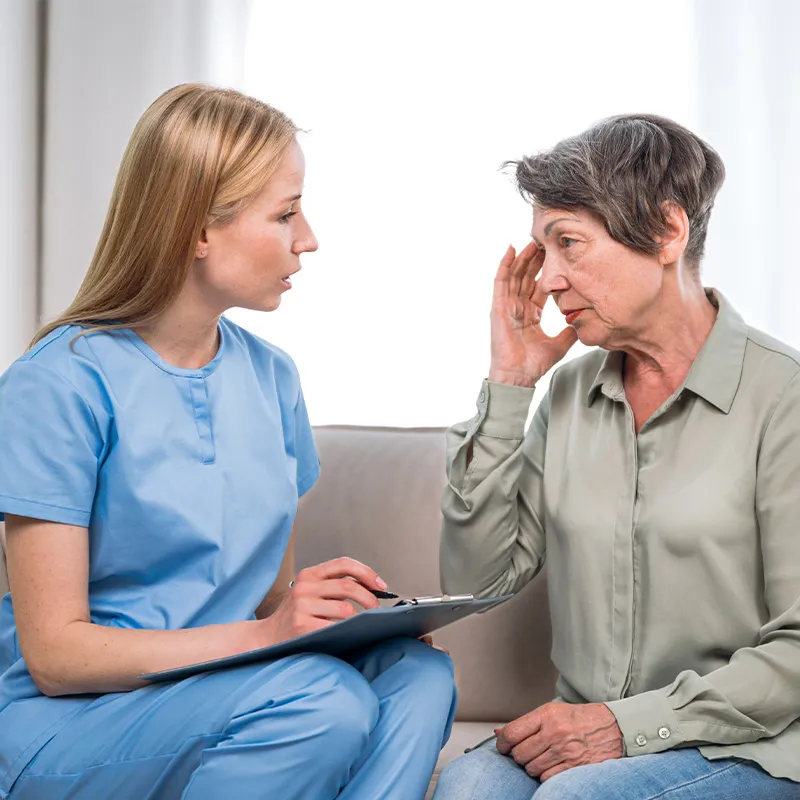Behavioral Health

Behavioral health patients not only utilize more resources than other patients, they are also forced to wait, sometimes for days, until a bed in an inpatient facility becomes available.
“Behavioral health” encompasses various conditions characterized by impairment of an individual's normal cognitive, emotional or behavioral functioning. Impairments include those caused by substance use disorders or behavioral health conditions resulting from social, psychological, biochemical, genetic or other factors such as infection or head trauma.
(Source: ENA Topic Brief: Care of Behavioral Health Patients)
The therapeutic management of behavioral health patients in the emergency department presents unique and complex issues. There is no defined set of diagnostic tests that can be ordered to determine the course of their care, and many facilities do not have the on-site services necessary to provide appropriate care. The following resources are provided to assist emergency nurses in improving care for this patient population.
ENA's compilation of resources, education, and tips and tools are here to help you improve care for behavioral health patients.
Resources
ENA Resources
- Topic Brief: Care of Behavioral Health Patients in the Emergency Department: A topic brief that summarizes the findings of the Care of the Psychiatric Patient in the Emergency Department white paper. Click here to view the topic brief
- Infographic: Tips for Providing Safe Structure for Pediatric Behavioral Health Patients in the ED: This infographic provides tips for providing safe structure for pediatric behavioral health patients. Click here to view the infographic
- Infographic: Tips for Providing Safe Structure for Adult Behavioral Health Patients in the ED: This infographic provides tips for providing safe structure for adult behavioral health patients. Click here to view the infographic
ENA Education
- Managing Adult Behavioral Health in the Emergency Department 2.0: This course provides a basic introduction to evidence-based nursing care for adults with behavioral health emergencies, including mental health crises such as anxiety, depression, substance use disorders and suicidality. Earn three CNE contact hours. Click here to learn more about the course
- Pediatric Behavioral Health Online Course: The pediatric behavioral health course specifically for ED nurses can enhance your ability to quickly assess and care for young patients at the first point of contact in the ED. This seven-chapter course covers initial interaction, safety concerns, medical screening, rapport and anxiety management for common school-age and adolescent-age patients. Earn 1 CNE contact hour. Click here to learn more about the course
- Behavioral issues are also covered in ENPC and GENE Level I and II.